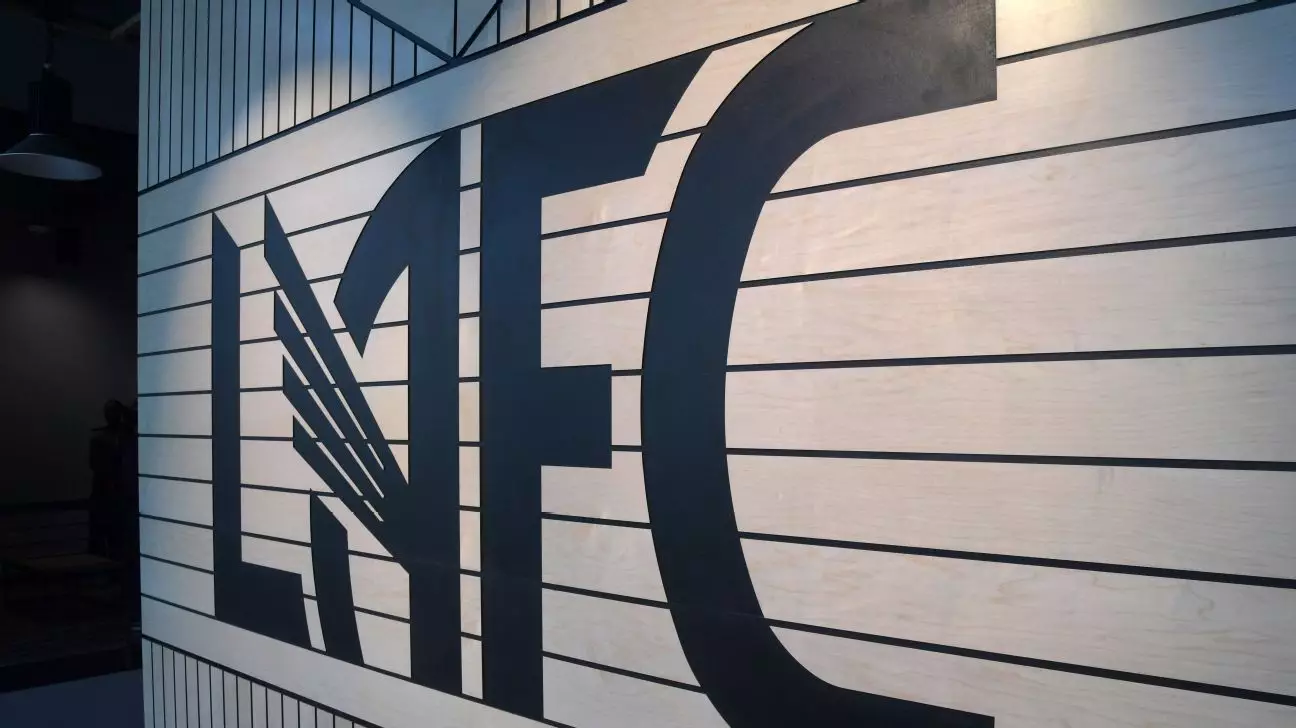In an age where social media reigns supreme, the implications of a single post can send shockwaves through communities, organizations, and even entire industries. Recently, Ruben Gnanalingam, a part-owner of Los Angeles FC, found himself at the center of controversy after he reposted content that was deemed anti-Israel on his LinkedIn account. This incident has ignited discussions around accountability in professional environments, particularly within the sports sector, where public figures wield considerable influence.
The posts in question included inflammatory requests for military action against Israel and grossly inappropriate comparisons between the conflict in Gaza and the Holocaust. Such language, especially when emerging from someone in a leadership position, not only stirs public outrage but also raises questions about the sensitivity and awareness of those who occupy influential roles. The Jewish Chronicle highlighted the gravity of the situation, prompting reactions from both Gnanalingam’s club and Major League Soccer (MLS), which described the content as “deeply offensive.”
Apologies and Accountability
In response to the rebuke, Gnanalingam expressed profound regret for any distress caused by his actions. He issued a formal apology that highlighted his failure to properly vet the materials he was sharing. He acknowledged that it was never his intention to offend, emphasizing accountability by stating, “I take responsibility for not exercising greater caution before sharing these posts.”
Yet one must ponder the sincerity of such apologies. While Gnanalingam’s immediate regret is apparent, the systemic issue of posting potentially harmful content remains troubling, particularly in an era where business leaders are expected to navigate their platforms with a high degree of social awareness. His commitment to stepping away from social media reflects a critical self-evaluation, yet raises the question: Should individuals, especially those in positions of power, be privy to platforms that can disseminate damaging viewpoints without stringent scrutiny?
A Call for Thoughtful Engagement
The joint statement from MLS and LAFC, which condemned Gnanalingam’s reposts, reinforces the necessity for inclusivity and respect within professional sports. This incident is not an isolated event but signifies a broader issue of how public figures manage their personal beliefs and expressions in a way that aligns with the values of the organizations they represent. The call for greater unity against hate—embedded in the leagues’ response—reveals a heightened sensitivity to socio-political issues, which is necessary in today’s polarized environment.
Moving forward, there lies an opportunity for improvement not just for Gnanalingam but for all those in influential roles. It signals the essential need for education around the impact of social media communication and for structured training that will prepare leaders to engage in thoughtful discourse while avoiding rhetoric that could harm vulnerable communities. As the situation unfolds, it serves as a cautionary tale underscoring the importance of responsible communication and the potential repercussions of a single ill-considered action in a digital landscape.

Leave a Reply